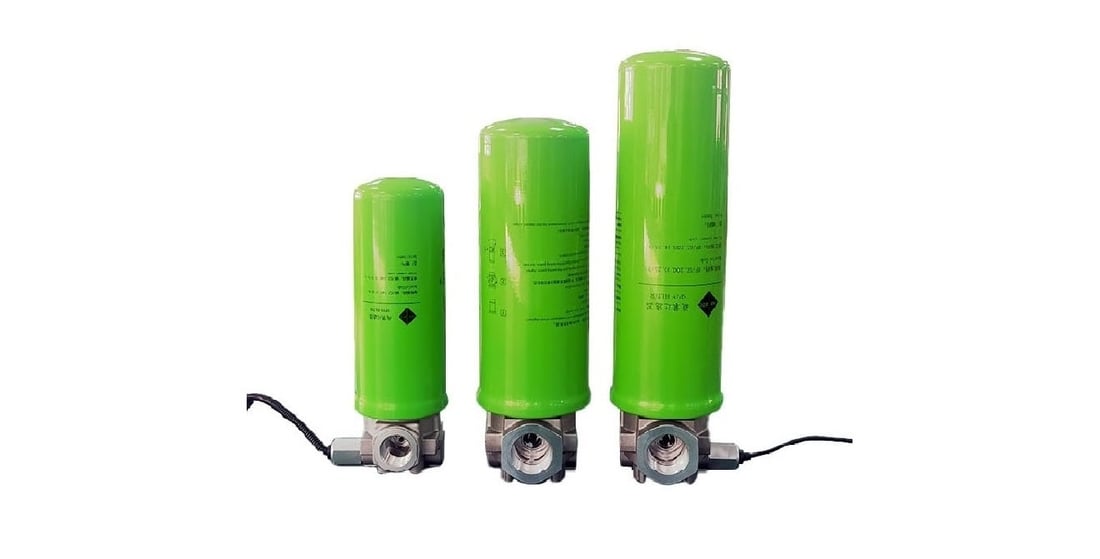When purchasing hydraulic oil filters, a number of factors should be considered to ensure the efficient and stable operation of the system. Here are some key considerations:
1. Define the design requirements of hydraulic oil filters
Understand the pressure, flow rate, hydraulic oil grade, operating temperature and the NAS level of oil accuracy required by the system.
2. Determine the filtration accuracy
Determine the appropriate filtration accuracy level based on system requirements to ensure effective removal of contaminants without unduly restricting flow.
3. Choose the right type of hydraulic oil filters
Select the appropriate filter type according to the installation position of the filter in the hydraulic circuit and the pressure used.
4. Consider the contaminant capacity
Select a filter with sufficient contaminant capacity to extend the service life and replacement cycle of the filter element.
5. Note the pressure drop of hydraulic oil filters
Consider the initial pressure drop of the filter and ensure that it is within the recommended value range to avoid affecting system performance.
6. Consider the filter replacement space of hydraulic oil filters
Leave enough space at the time of design to replace the filter element during repair and replacement.
7. Pay attention to the selection of filter material
Considering that the cleanliness of the filter element after cleaning is difficult to meet the standard, it is recommended to choose a one-time paper filter element.

